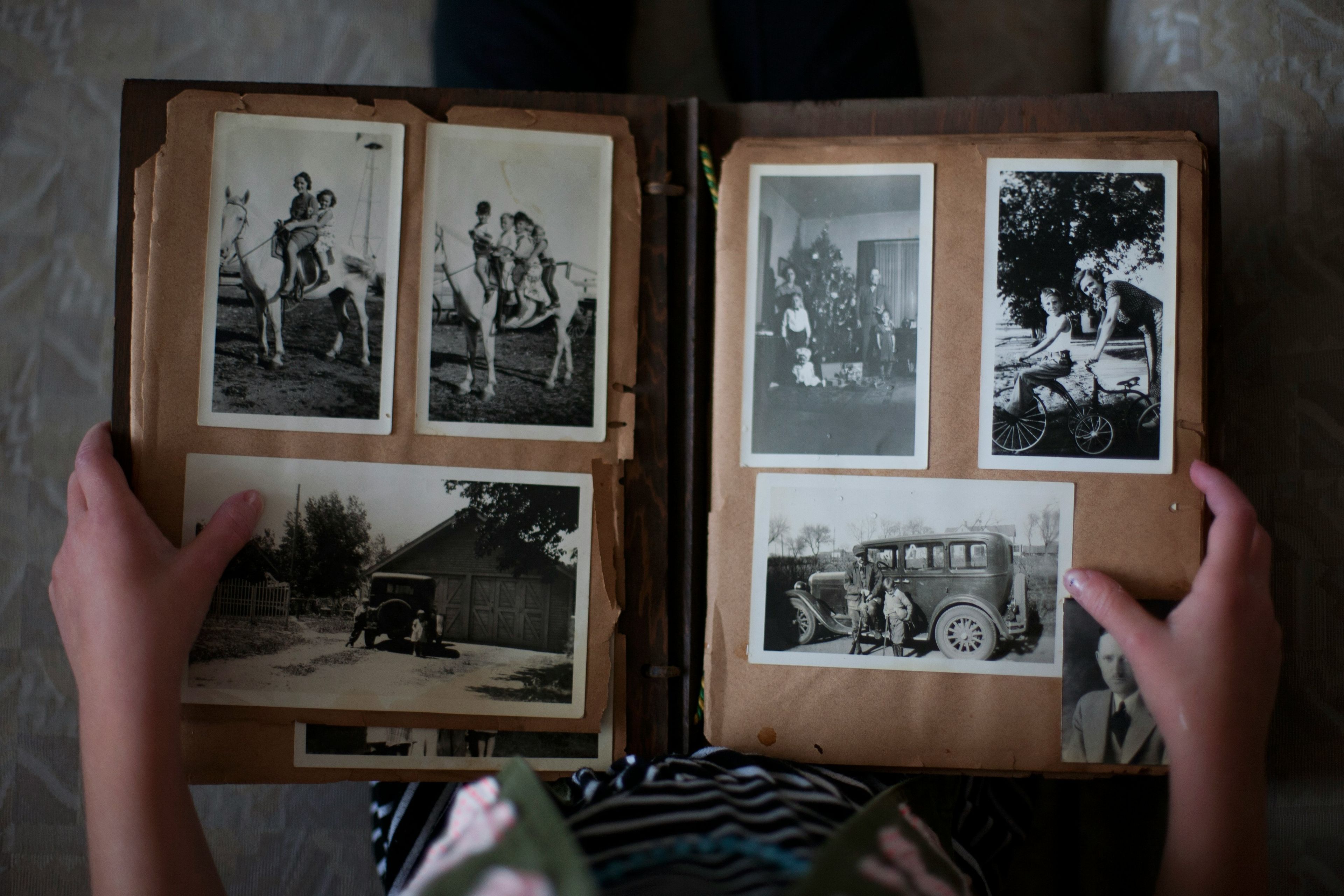
Understanding Why Some Parents Remember Incidents Differently
Have you ever wondered why sometimes your parents don't remember certain incidents the way you do?
Have you ever wondered why sometimes your parents don't remember certain incidents the way you do? When they say, “That didn’t happen” or “I never said that,” do they really believe what they’re saying? Based on what we know about memory and forgetting, here are a couple of theories.
1. Memories are highly subjective.
Our mood, level of arousal, expectations, prior experience, developmental stage, knowledge, and resources will impact how we store specific memories. A 5-year-old and a 40-year-old are going to remember the same situation in very different ways. This means that our memories are highly influenced by our perception and context at the time of the event.
2. Some memories simply decay over time.
Memory traces may fade if they are unused. It has been suggested that metabolic processes in the brain may erode memories over time. So, some memories just naturally fade away.
3. Some memories are there, and we cannot access them.
If an incident didn’t seem particularly important or meaningful at the time, we may not convert it to long-term memory, and it can be more difficult to retrieve in the future. This is why some incidents might seem fuzzy or completely forgotten.
4. Interference happened at the time of the event, and they do not remember everything that happened.
Sometimes, we are distracted by other details or events that are happening at the time of an event. This stops us from committing all of the details to memory. So, the parent might not remember the incident fully because they were preoccupied with something else at the time.
5. There is psychologically motivated forgetting, a protective mechanism working to shield us from discomfort.
Sometimes, we don’t remember because we truly do not want to. Shame, guilt, or other difficult feelings accompany the memory, and we’d rather forget. This means that some painful or uncomfortable memories might be suppressed.
6. Trauma can impact our memory.
It can prevent information from different parts of the brain from combining to make a semantic memory, fragment the sequence of events, and change patterns of procedural memory. So, if the parent experienced trauma, it might affect their memory of the incident.
7. Some people will deny reality even when it is right in front of them.
Have you ever sent a screenshot or recorded a conversation, only to be told that’s not what was actually said? Some people will deny reality even when they can literally see or hear the words in front of them. They will never accept a memory or proof of an incident, no matter how much proof you have.
8. Memories are often in the eye of the beholder.
There are facts, interpretations, feelings, and a personal narrative involved in the recounting of memories. Your parent may truly not remember a situation that had a profound impact on you. They may not remember it the way you remember it, or they may not have the same interpretation. There are many reasons for this denial or forgetting, and it’s difficult to know what that forgetting is rooted in or if it is purposeful.
9. Finding a way to discuss and share perspectives.
This is what truly matters: Finding a way to respectfully discuss and share each of your unique perspectives. This may also include the parent recognizing their role in a situation and making amends. And facts are facts. If the abuse happened, it happened. There is no explaining away or “seeing both sides” with certain family issues. And there are times when we can find a way to share and validate both our memories and perspectives. Only you can decide what is appropriate for your specific situation.
Join The Family
For more resources like this one, join Calling Home.